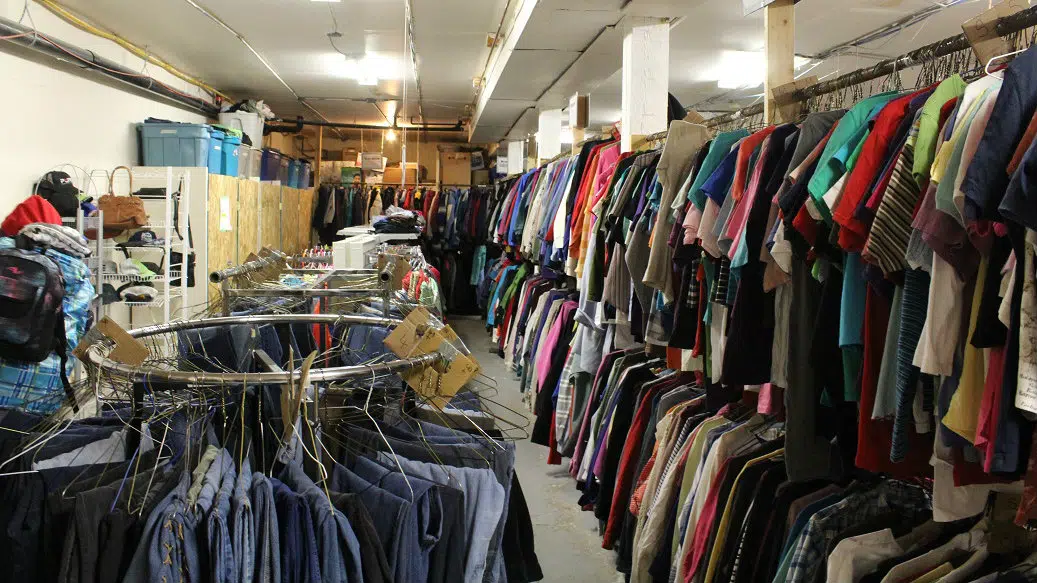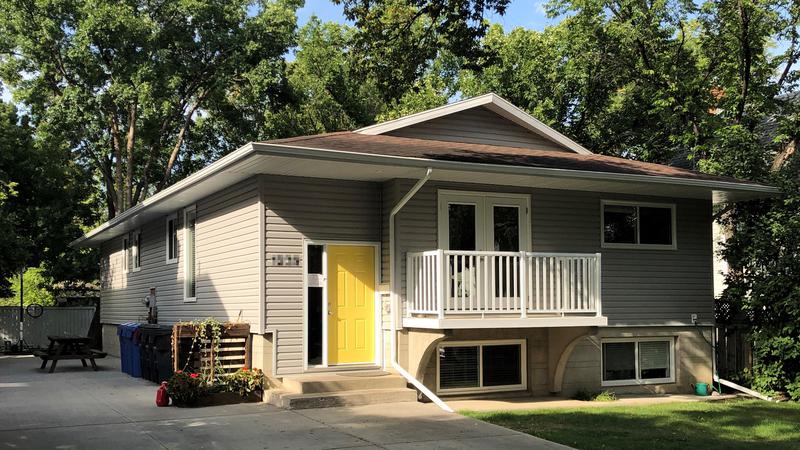
The societal problem of poverty, and the work Streets Alive Mission is doing to deal with it
LETHBRIDGE – The holiday season is a time when people help give back to the less fortunate in their community, but it isn’t the only time of year the less fortunate need help.
“Poverty is not an issue, it’s a real societal problem that affects real people, including here in Lethbridge.”
That from Marie McLennan, the Associate Director of Philanthropy with Streets Alive Mission.
McLennan says that while they get a lot of calls this time of year from businesses, companies and people who just generally want to get more involved, they’ve had increased numbers of clients coming through their doors for a while.


